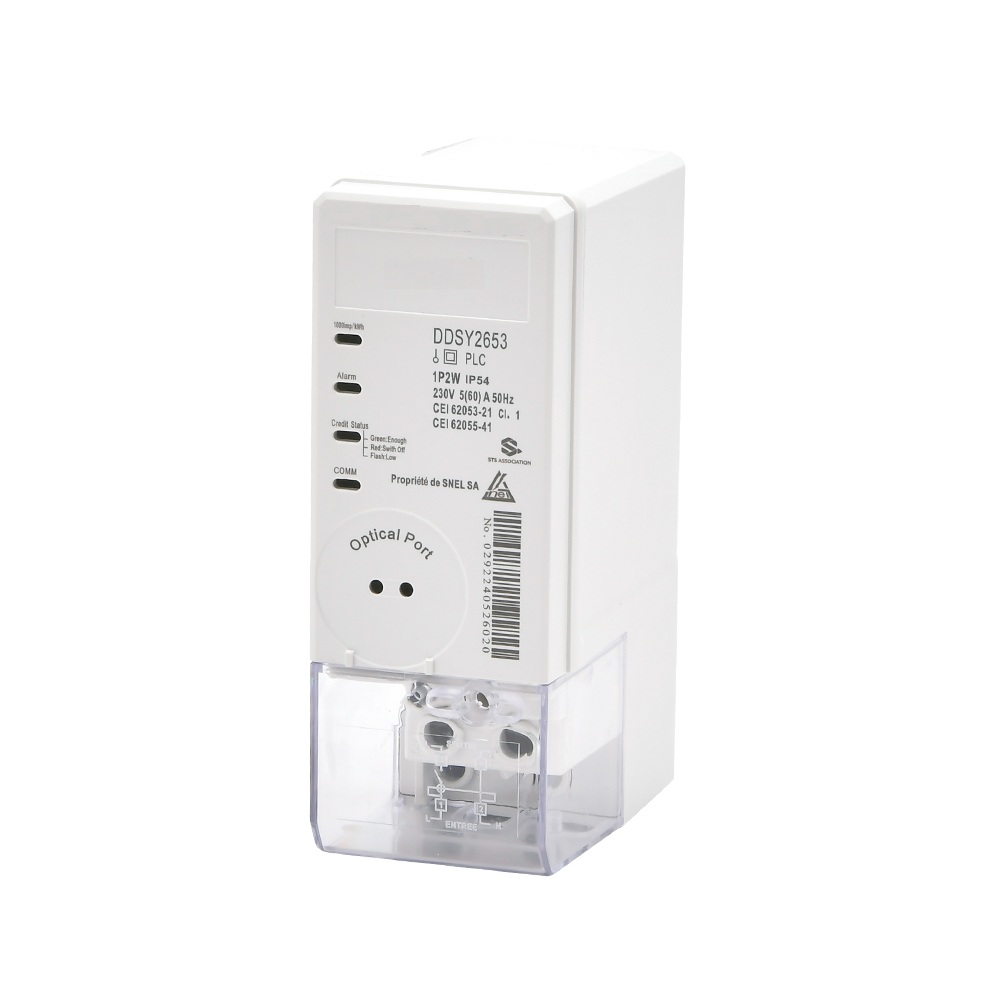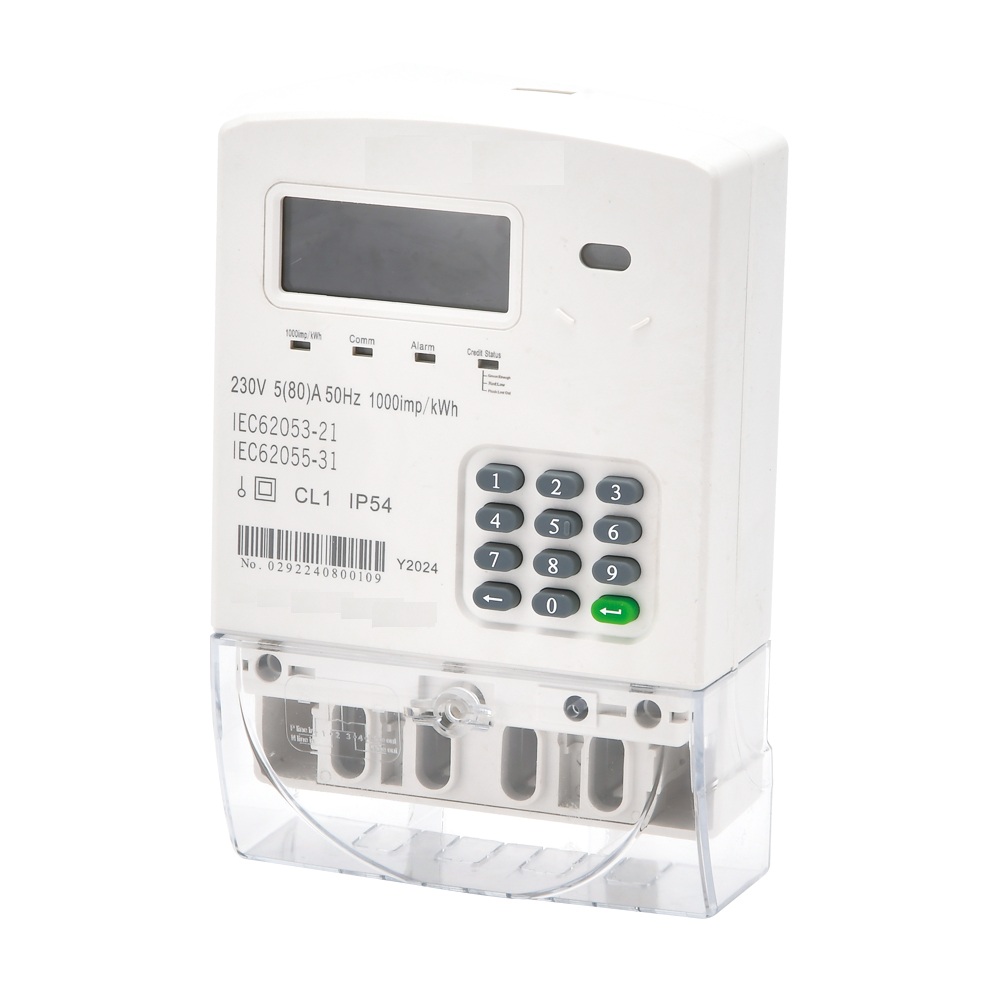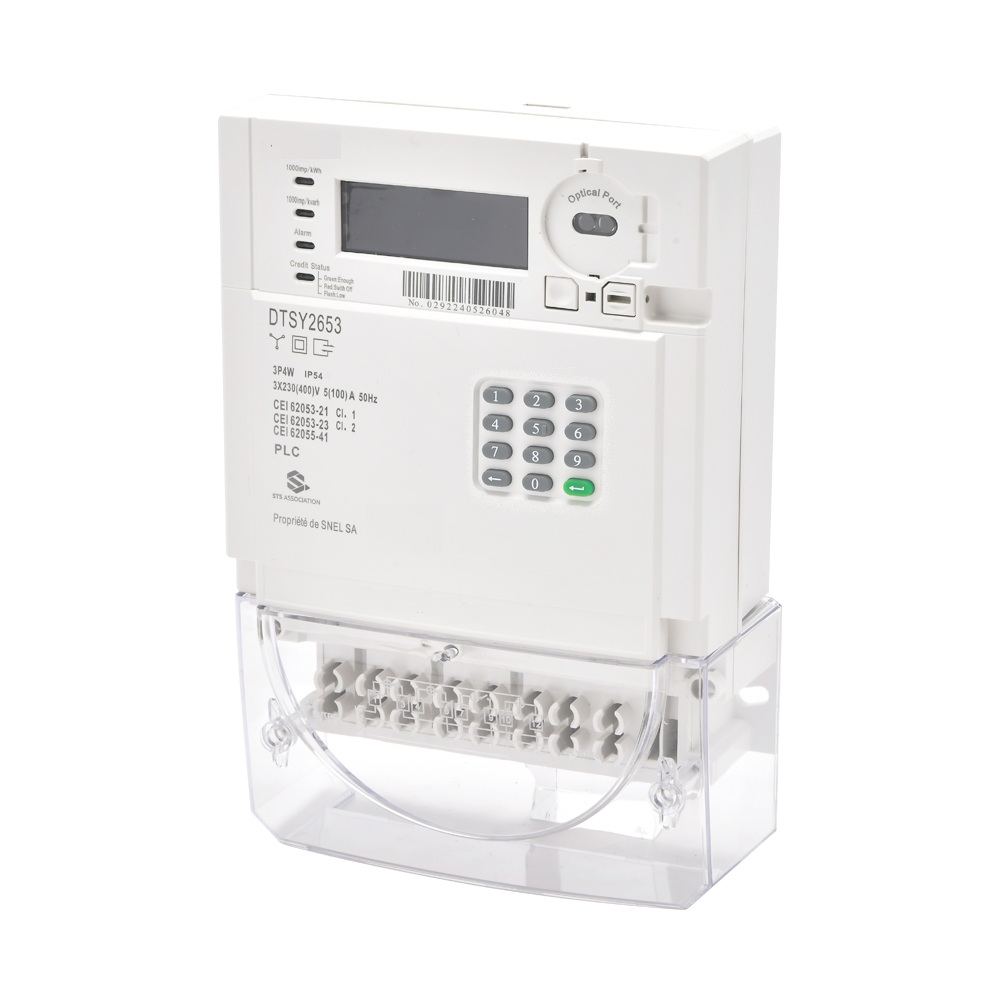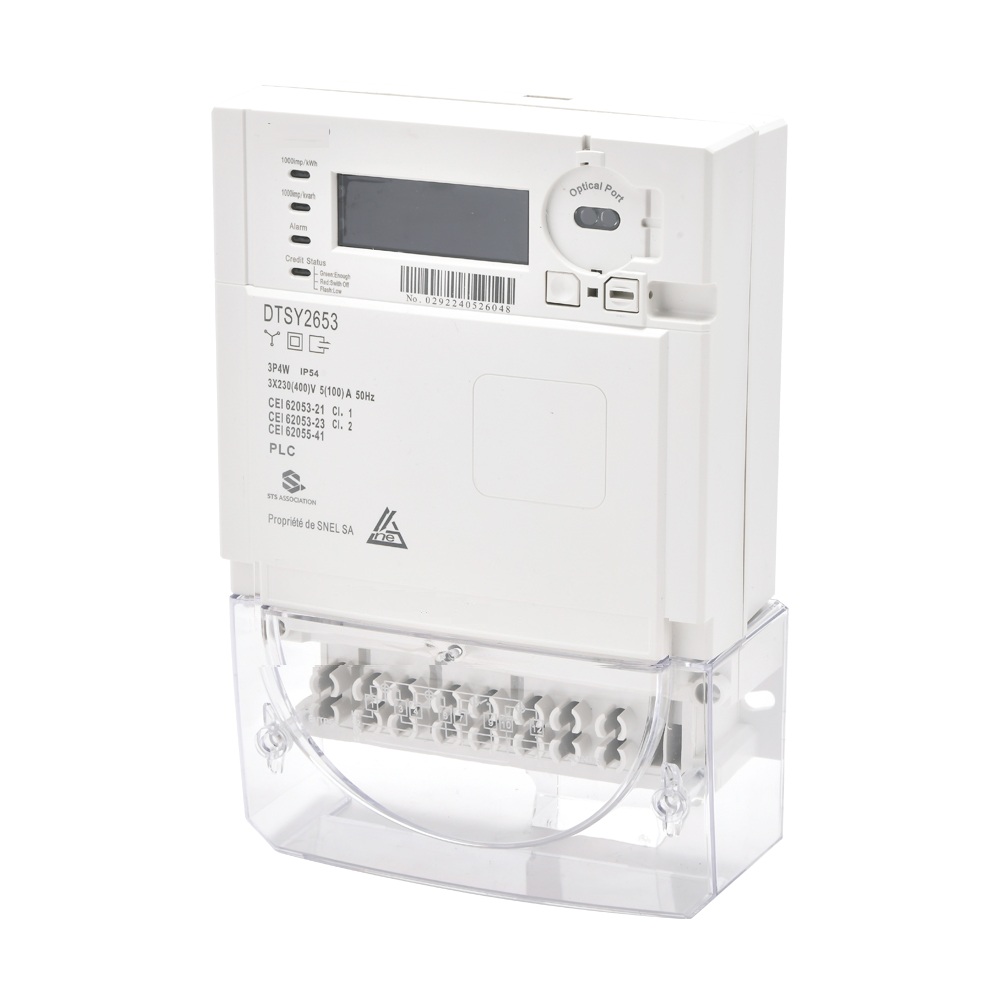Can prepaid energy meters be overdue?
The basic working principle of prepaid energy meters is to pay before using electricity, that is, users need to recharge before using electricity. After the electricity bill is used up, the meter will automatically turn off the power to avoid the problem of electricity bill arrears caused by users' arrears. This design helps to safeguard the interests of power supply companies, while also assisting users in better managing their electricity usage and saving electricity costs.
However, some prepaid energy meters may have overdraft capabilities. When the balance of the energy meter is insufficient, users can choose to activate the overdraft function to continue using electricity for a period of time. The overdraft amount and conditions are usually set by the power supply company or property management in the management backend, and may vary in different regions and types of energy meters. For example, some energy meters may set the overdraft amount as 30 yuan for residential single meter, 50 yuan for industrial and commercial single meter, or 100 yuan for industrial and commercial three-phase meter. After using the overdraft function, users need to make up for the outstanding fees during the next recharge, otherwise the energy meter will be powered off again.



